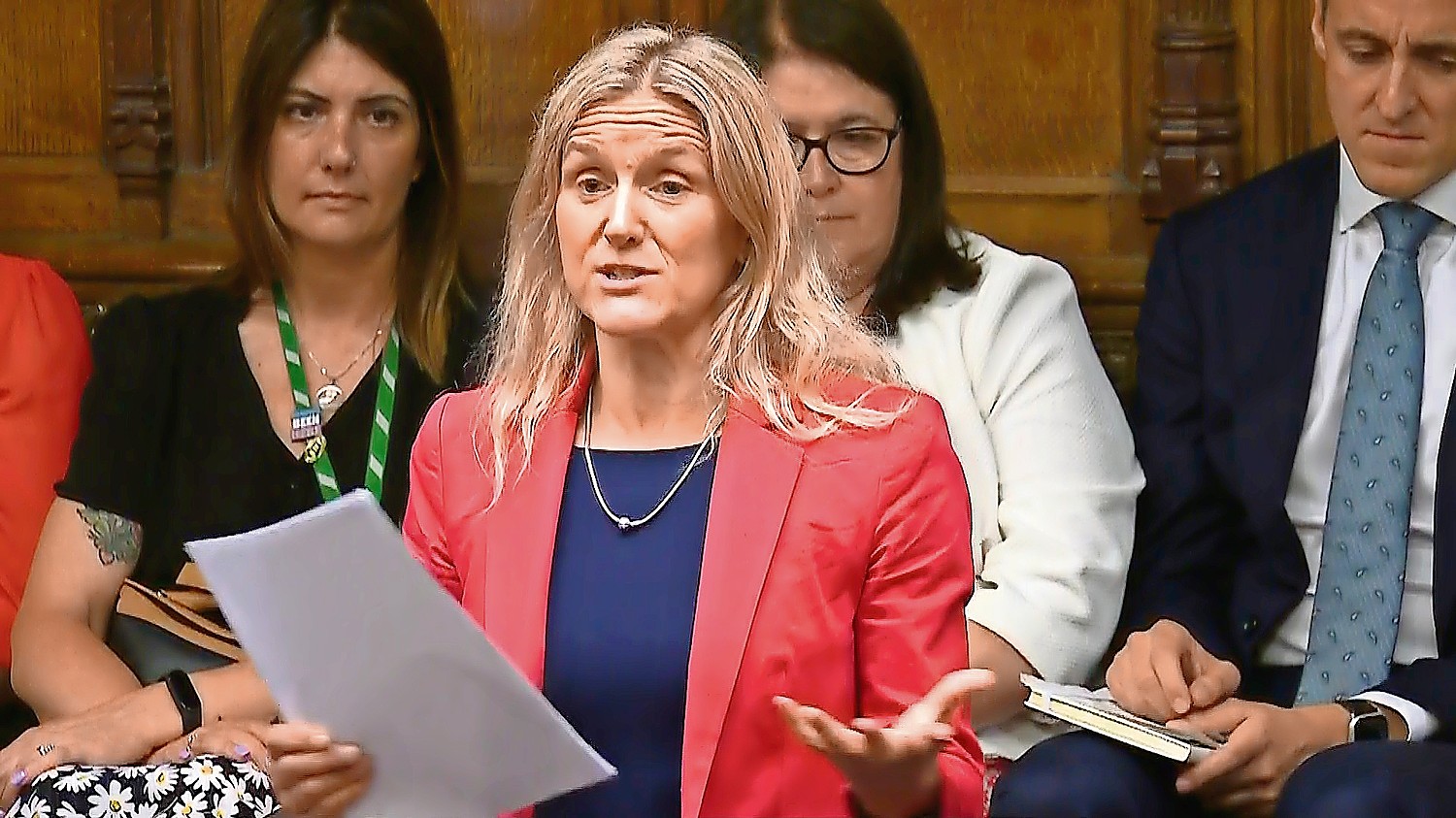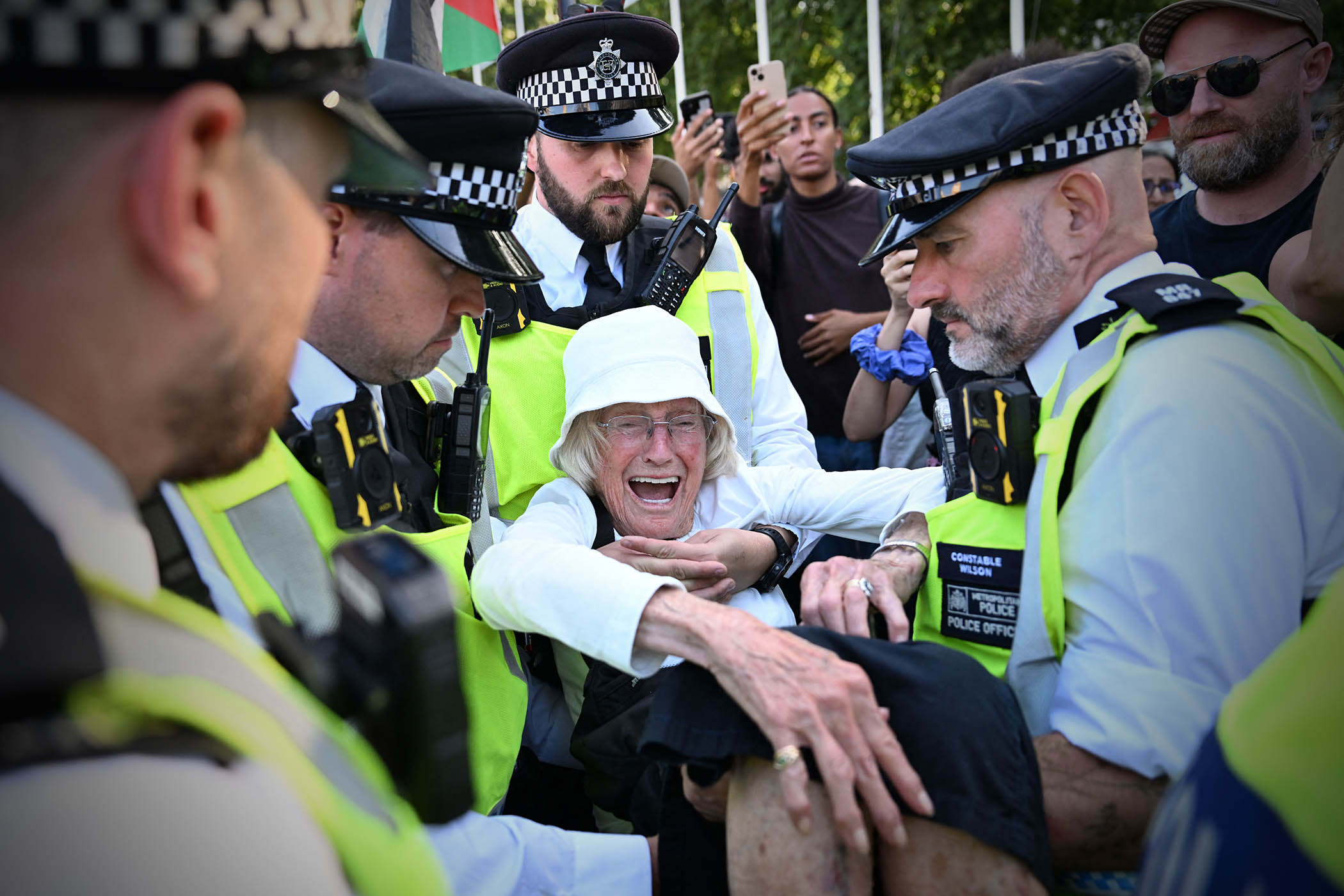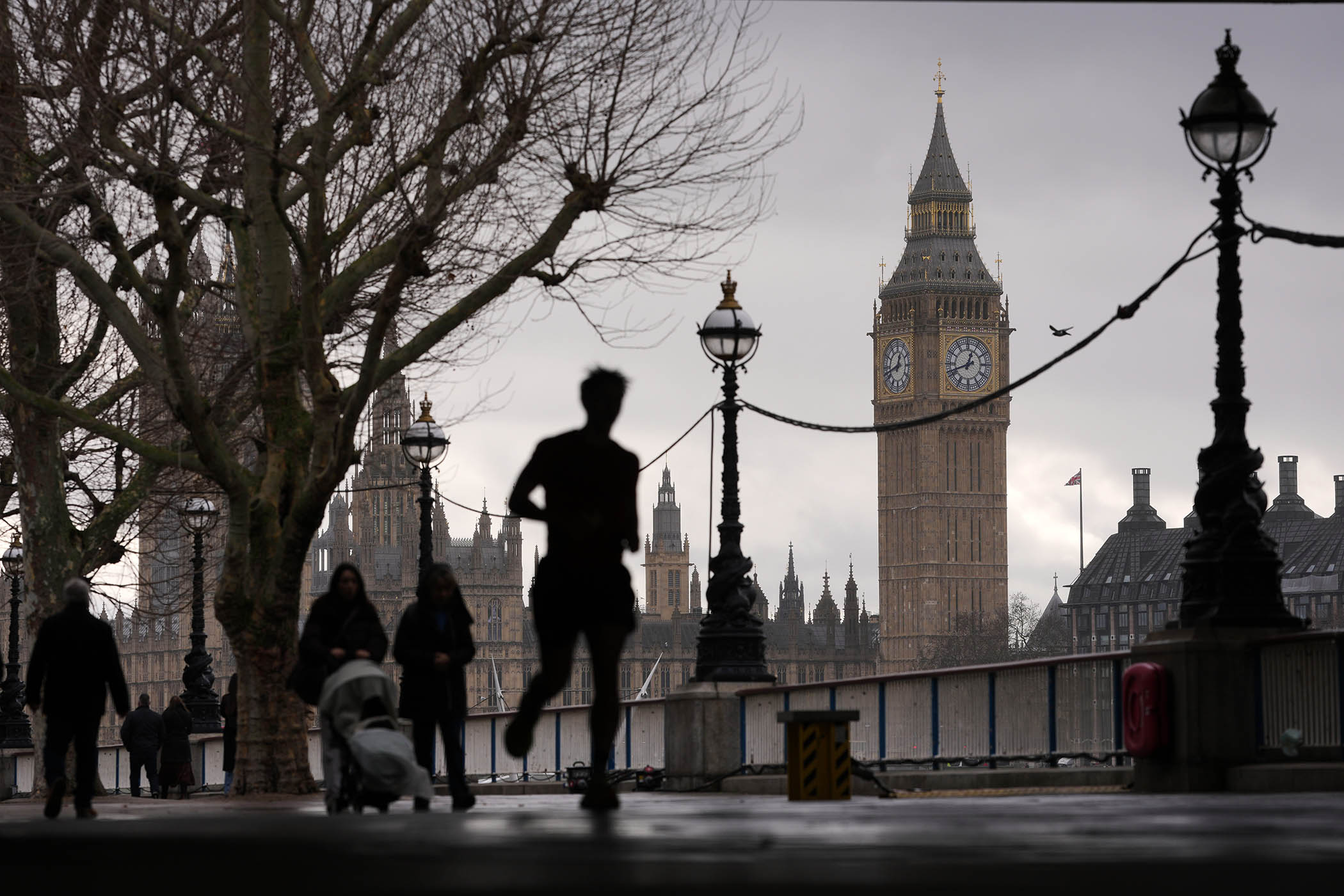The assisted dying bill may have passed in the House of Commons last week, with Kim Leadbeater, the MP who introduced it, saying she hopes it could have royal assent by October.
But the Labour peer Charlie Falconer, who is tasked with shepherding the historic legislation through the House of Lords, says it is likely to be debated for many months. “I think we will be debating this in the summer, autumn and winter,” the former justice secretary has said.
The bill has a complex route ahead, navigating fierce opposition and passionate support, and will likely be subjected to many amendment debates. In the Commons, with last-minute switchers on both sides, the majority narrowed to just 23 MPs, compared with 55 who backed the bill at an earlier stage. It is expected to be robustly debated in the Lords before being sent back to the Commons.
Critics of the bill argue that it was rushed during the Commons stages, resulting in a “flawed” piece of legislation that will require significant change in the remaining stages. But Falconer insists the bill had been thoroughly debated by MPs and warned peers against tactical “attempts to stretch it out”.
The one thing I am certain of is that the bill won’t be blocked
The one thing I am certain of is that the bill won’t be blocked
Lord Falconer
“I think it extremely unlikely the House of Lords will tolerate filibustering or wrecking,” he said. “Our reputation in the Lords depends on the quality of scrutiny we give … Are the people who are saying that it has not been debated adequately really saying ‘my view didn’t prevail’? I think there is a strong element of that.”
“It won’t be rushed. It will take some time, but it will get through the Lords. The one thing I am certain of is that it won’t be blocked.”
Falconer, a cabinet minister under Gordon Brown, told The Observer he would adopt the same “constructive and collaborative” approach as backbench MP Leadbeater, who introduced the private member’s bill. “There were always bound to be strong feelings, but Kim was incredibly effective at finding a way through,” he said.
Peers who oppose the bill are understood to want to address concerns over coercion and ableism within the medical community. There are also worries about the impact it could have on the already underfunded palliative care sector.
One crossbench peer, who asked to remain anonymous, told The Observer: “MPs were struggling over it but I have a terrible feeling some of them voted for it thinking the Lords would sort it out.
“We have a deeply flawed bill. The fact that the majority in the Commons has significantly dropped shows MPs have realised this bill isn’t the solution to all the problems ... Nye Bevan would be spinning in his grave."
Newsletters
Choose the newsletters you want to receive
View more
For information about how The Observer protects your data, read our Privacy Policy
As in the Commons, the Lords will be given a free vote on the issue. Both camps are now on a charm offensive to try to make their case among undecided peers. “It’s not a done deal yet,” said a peer who opposes the bill.

Labour MP Kim Leadbeater in the Commons on the third reading of the assisted dying bill on Friday
Virtually all the parties were split by Friday’s free vote, including Reform UK (two in favour, and Nigel Farage and two others against), but none more so than Labour, with 224 MPs backing it while 160 opposed.
Within the cabinet, Keir Starmer, the prime minister, voted for, along with chancellor Rachel Reeves, home secretary Yvette Cooper and defence secretary John Healey. Those who voted against included health secretary Wes Streeting, education secretary Bridget Phillipson, business secretary Jonathan Reynolds and justice secretary Shabana Mahmood.
As the bill makes its way through the House of Lords, the process of rebuilding bridges between party colleagues begins.
“I just wish the government had shown a bit of leadership on this,” said one. “We’ve got lots of MPs who are still new to legislating and not used to voting without a whip. It’s all been a bit of a mess, really..”
At the lower end of the scale, an overzealous unofficial whipping team has wound people up in their efforts to boost support for the bill, being seen chivvying the government’s chief whip Alan Campbell during one vote.
More alarmingly, pro-bill MPs told The Observer that they had been called “murderers” by colleagues, while others said Leadbeater had been a particular target of vitriol both in and out of parliament. Last week also marked the ninth anniversary of the murder of her sister, Jo Cox MP.
Friends, including Home Office minister Jess Philips, were seen hugging Leadbeater after the result was announced. She told the BBC: ‘There’s a huge sense of relief.”
Images by Carl Court/Getty Images and House of Commons/UK Parliament/PA Wire



